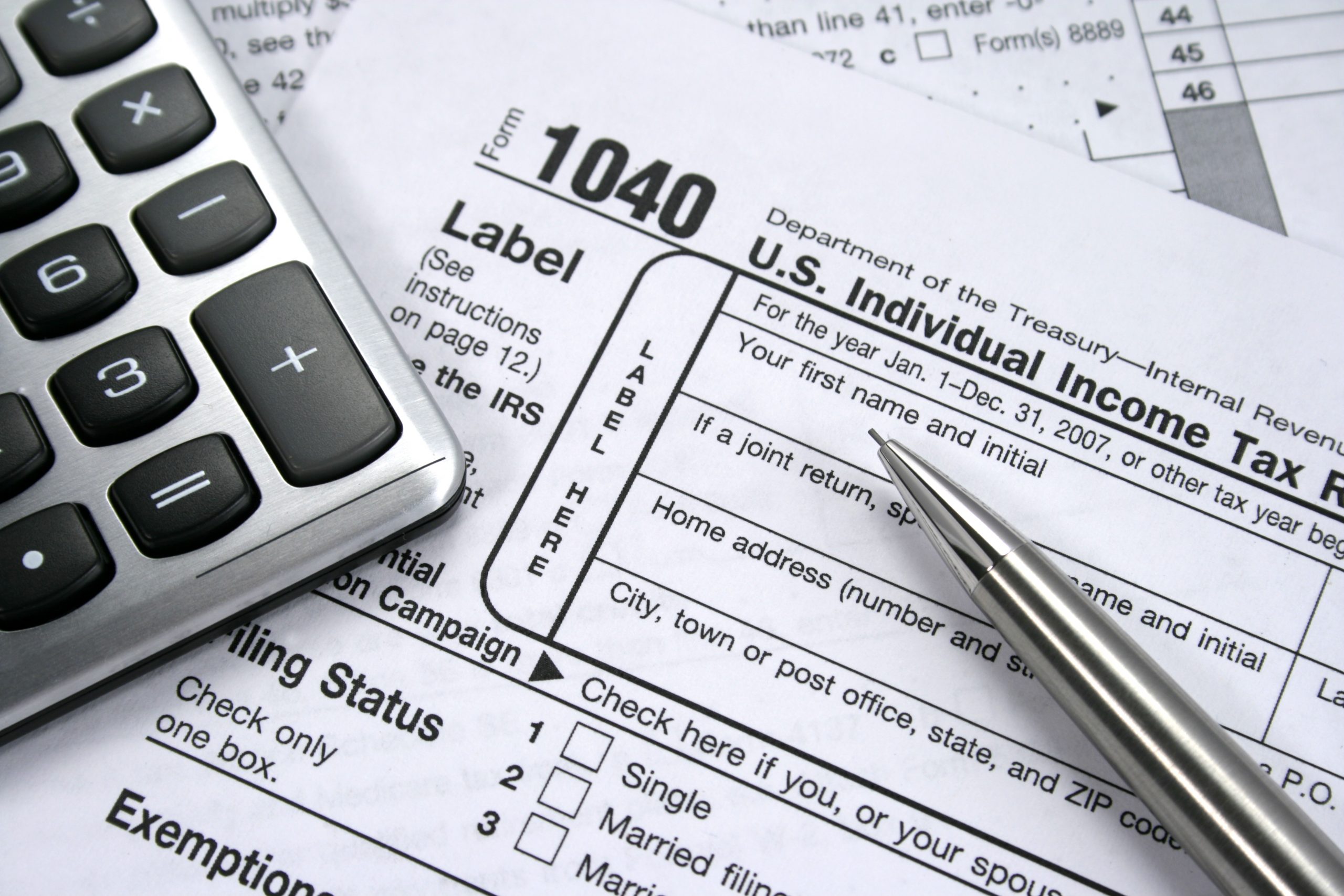
You might expect your tax burden to decrease in retirement – after all, you’re no longer receiving a paycheck that incurs income tax, the payroll tax, and Medicare tax. However, your income in retirement could be significant, between investment income, rental properties, pensions, Social Security, and retirement account withdrawals. Starting at age 72, you likely must take Required Minimum Distributions (RMDs) from your traditional retirement accounts, which could potentially increase your taxable income. And considering the mounting national debt and a new president who has proposed several tax-increasing policies, you might be concerned about taxes in retirement. So, how can you work to minimize those taxes? One potential strategy is to do a Qualified Charitable Distribution.
What Is a QCD?
A Qualified Charitable Distribution (QCD) is a withdrawal from an IRA that is directly given to a qualified charity and is not subject to tax.[1] Starting at age 72, you will most likely have to start taking Required Minimum Distributions (RMDs) from your IRA or other traditional retirement account.[2] The amount you must take out every year is based on your age and account balance and could cause you to withdraw more than you normally would. Since distributions are taxed as ordinary income, this can potentially mean an increased tax burden later in retirement. A QCD counts towards your RMD for the year and can be a way to give to a charity you want to help while reducing your tax burden. For retirees who don’t need all of the money they are required to withdraw each year from their IRA, a QCD is a potential option for meeting RMD requirements without increasing their tax basis.
What Are the Rules?
First of all, contributions must be made to an eligible charity approved by the IRS. These include 501(c)(3)s and houses of worship, but not donor-advised funds. In order to qualify for the tax break, distributions must be made directly to the charity, not withdrawn as income and then donated. IRA owners must be at least 70 ½ years old to make a QCD, although RMDs do not actually begin until age 72. An IRA owner can withdraw as much of their IRA per year as they want but can only make a QCD of up to $100,000 per year.[3] The right time to make a QCD and how much to give depends on your unique situation, and we can help you strategize as well as explore other tax minimization methods.
We understand that there are reasons why your tax burden could increase in retirement and want to work with you to help minimize them. Tax and income planning are important parts of a comprehensive retirement plan, and QCDs are just one potential strategy you can use. To start exploring tax minimization strategies in retirement, sign up for a complimentary financial review.
[1] https://www.irs.gov/retirement-plans/retirement-plans-faqs-regarding-iras-distributions-withdrawals
[2] https://www.irs.gov/retirement-plans/plan-participant-employee/retirement-topics-required-minimum-distributions-rmds
[3] https://www.irs.gov/newsroom/how-the-cares-act-changes-deducting-charitable-contributions
The content presented is for informational purposes only and is not intended as offering financial, tax, or legal advice, and should not be considered a solicitation for the purchase or sale of any security. Some of the informational content presented was prepared and provided by Lone Beacon Media, LLC dba Lone Beacon, while other content presented may be from outside sources believed to be providing accurate information. Regardless of source no representations or warranties as to the completeness or accuracy of any information presented is implied. Lone Beacon Media, LLC is not affiliated with the Advisor, Advisor’s RIA, Broker-Dealer, or any state or SEC registered investment advisory firm. Before making any decisions you should consult a tax or legal professional to discuss your personal situation.
Investment Advisory Services are offered through SHP Wealth Management LLC., an SEC registered investment advisor. Insurance sales are offered through SHP Financial, LLC. These are separate entities, Matthew Chapman Peck, CFP®, CIMA®, Derek Louis Gregoire, and Keith Winslow Ellis Jr. are independent licensed insurance agents, and Owners/Partners of an insurance agency, SHP Financial, LLC.. In addition, other supervised persons of SHP Wealth Management, LLC. are independent licensed insurance agents of SHP Financial, LLC. No statements made shall constitute tax, legal or accounting advice. You should consult your own legal or tax professional before investing. Both SHP Wealth Management, LLC. and SHP Financial, LLC. will offer clients advice and/or products from each entity. No client is under any obligation to purchase any insurance product.





